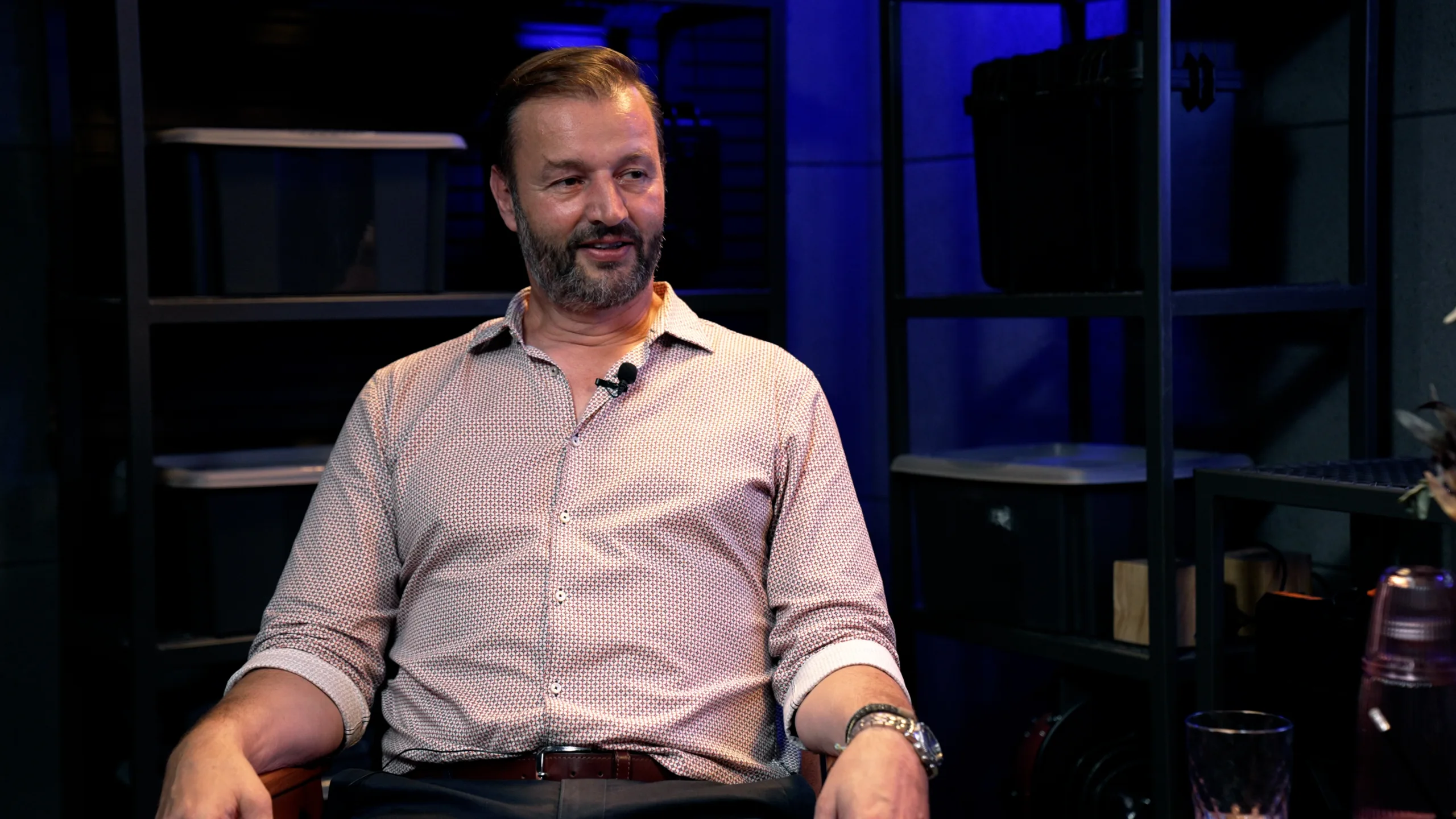The war in Ukraine has been going on for over a decade, and its full-scale phase has changed the lives of millions. Despite the ongoing conflict, the humanitarian needs remain enormous. We spoke to Michael Kramer, Director of International Cooperation at the Swiss Red Cross, about the response of the international community, including the Swiss Red Cross. In the interview, he shared his vision of the humanitarian situation, approaches to providing assistance and long-term plans in Ukraine.
Read also: Ombudsman on war, deportations and propaganda
The humanitarian situation in Ukraine
– How would you describe the humanitarian situation in Ukraine?
– I think it is very complex because there are several parallel realities in the country. In the frontline regions, a high percentage of the population has critical needs: water, medical care, food, shelter. There are consequences of the shelling – people lose their homes, get sick, and experience psychological stress. Even those who are not directly on the frontline are feeling the pressure of the war.
In addition, the number of people displaced in relatively calm regions has increased, putting a strain on medical and social services. This is a challenge not only for Ukraine but for the entire International Red Cross and Red Crescent Movement.
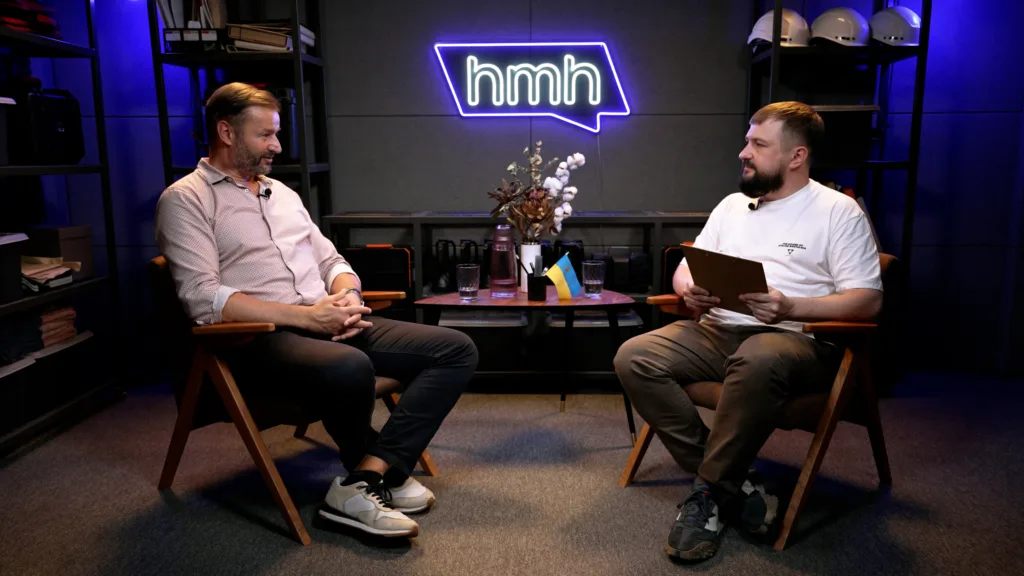
– Which groups of people need the most support?
– It is difficult to single out one category. Obviously, the most urgent needs are those of people near the frontline in Kherson, Donetsk, Zaporizhzhia, Kharkiv and Luhansk oblasts. However, displaced people, the military, people with disabilities and those who have lost their homes also have needs. It is not only about emergency assistance, but also about long-term support, rehabilitation, and infrastructure restoration.
Read also: “Your neighbours are the first rescuers” – Magali Mourlon on localisation of aid and community resilience
Approaches of the Swiss Red Cross
– How do you determine which area of assistance to focus on?
– We work as part of the International Red Cross and Red Crescent Movement, working closely with the Ukrainian Red Cross Society (URCS). We listen to their needs and shape our support accordingly. Our main areas of focus are humanitarian aid, development of regional branches, infrastructure support, and cash assistance programmes.
We have a special focus on Kherson, but also work in Ivano-Frankivsk, Ternopil and Kropyvnytskyi. It is important for us to strengthen local branches because they are the closest to people. We also support URCS in the areas of health, staff development and fundraising.
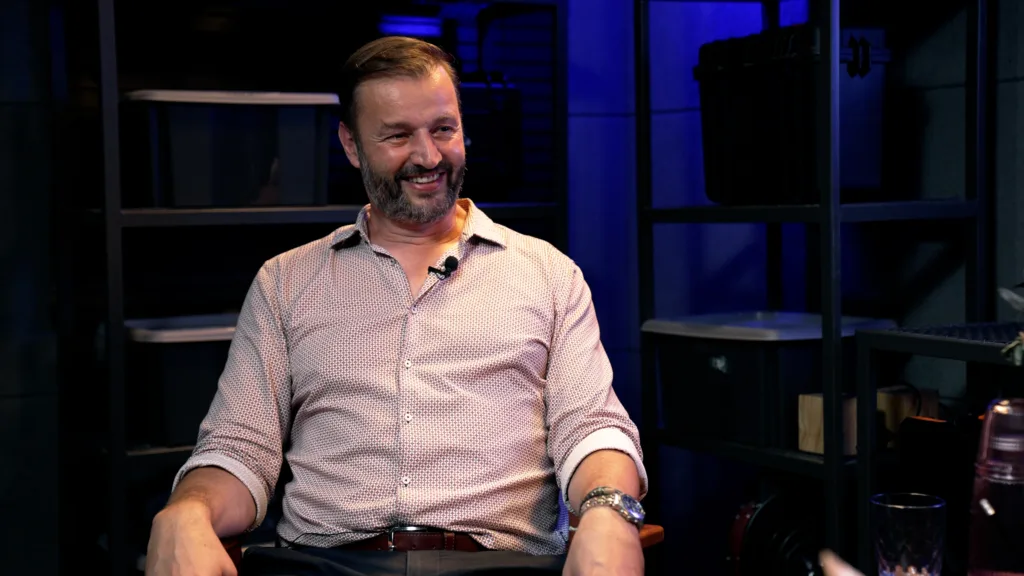
– Have your priorities changed since the beginning of the full-scale invasion?
– Yes. Initially, we were present in the western regions, where many people took refuge. Later, the focus shifted to technical support, logistics development, and rehabilitation of centres in the central and southern parts of the country.
Read also: Free first aid training in Ukraine – organisations and courses
Long-term plans and challenges
– What are the long-term goals in cooperation with Ukraine?
– URCS is developing a new strategy, and we want to support its implementation. It is about developing social services at all levels, strengthening partnerships with government agencies, and ensuring a stable presence in emergency response. We also plan to support institutional development and management processes.
– How do you keep the balance between emergency assistance and long-term development?
– This is a challenge. URCS has been growing very fast. Now it is time to consolidate the structure, strengthen capacities, and take a strategic approach to resources. It is important for the organisation to remain effective even with reduced funding.
Read also: Life on the front line. Civilians targeted by drones
Working with communities and partners
– How do you work with local authorities in Ukraine?
– We always act through the URCS. In the early days in Ivano-Frankivsk and Ternopil, we helped them establish contacts with the authorities. If necessary, we take part in trilateral meetings, but URCS is always at the centre.
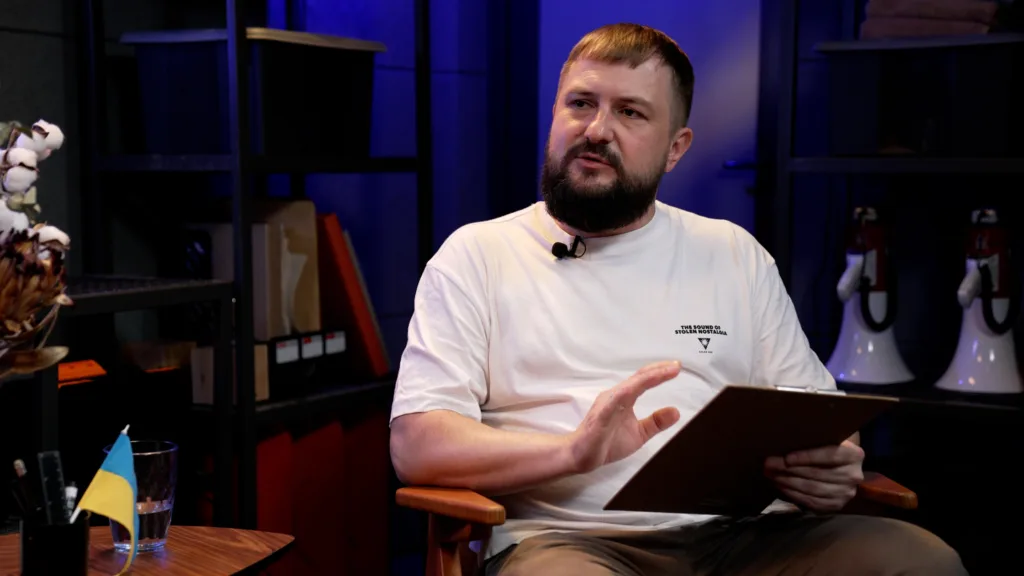
– Who are your key partners?
– First of all, the Ukrainian Red Cross itself. We also coordinate with the International Federation of Red Cross and Red Crescent Societies, the ICRC and other national societies. In Switzerland, we cooperate with the government, embassy and business.
Read also: Status S for Ukrainians: When Refugees Behave Like Tourists
Impressions of working in Ukraine
– What do you remember about the work of the URCS team?
– Their dedication. We have delegates who work closely with URCS departments, for example, in health and fundraising. This is a true partnership. We are the navigators, but the driver is the URCS, and we learn from each other.
– What experience have you gained in Ukraine?
– I recently attended a conference on the development of national societies. I took away a lot of useful ideas for our work in Switzerland. Ukraine is an example of adaptation and effective response in the face of a protracted crisis.
Read also: Commission in two days. How accelerated MMCs threaten the security of the army
The future of humanitarian support
– What are your plans for the coming years?
– We have approved a strategy until 2028. We will continue to provide technical assistance, develop regional offices and support social services. The humanitarian needs remain high, so we will not stop our support, especially in Kherson.
– Are there any risks that the international community will reduce its support for Ukraine?
– Yes, the world quickly turns its attention. But we consider it our duty to remind governments, society and donors about Ukraine. This is part of humanitarian diplomacy.
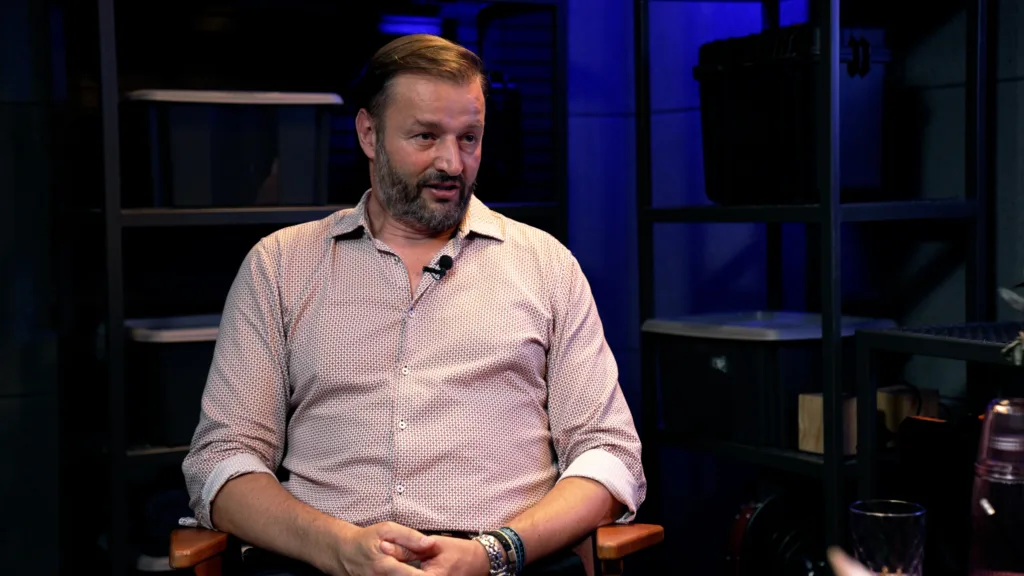
– How are you preparing for possible funding cuts?
– This is a global challenge. In Switzerland, we also see changes in budgets. But we are adapting. Our programmes are still running, and we are trying to maintain stability. At the same time, realities require new approaches.
Read also: Civilian protection in a new way: how the state and the public build a common security system
Security, logistics and trust
– What are the main challenges for your team in Ukraine?
– Security is the biggest one. Even in Kyiv, we hear air raid alerts. Logistics is also challenging.The journey from Zurich to Kyiv now takes a day and a half. But we are working through it.
– How do you ensure the provision of assistance in hard-to-reach areas?
– Our focus is on supporting the URCS centre in Kherson. We do not work independently but help local teams. The professionalism of URCS at all levels is a key factor of success.
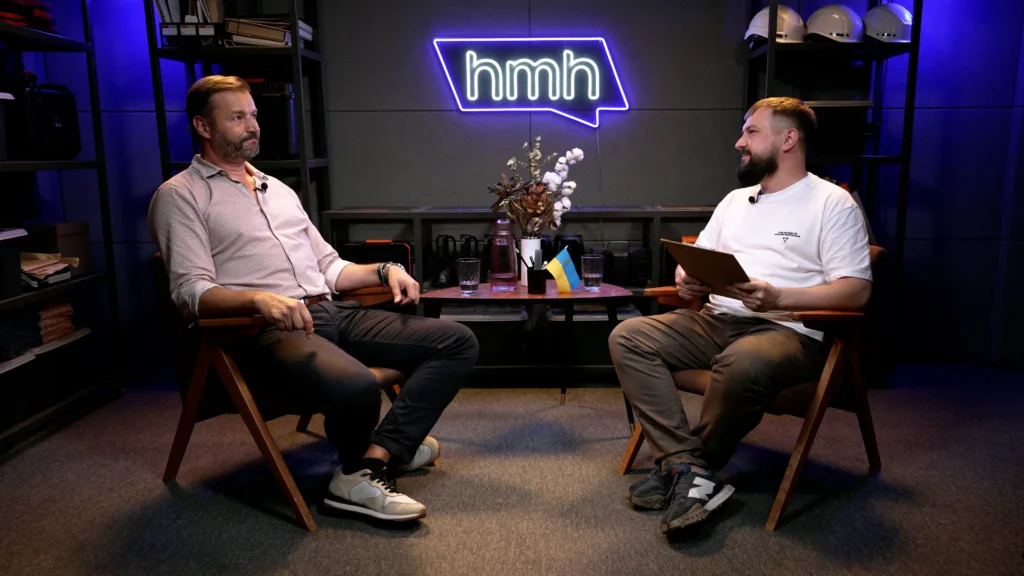
– What would you like to say to Ukrainians?
– This is an extremely difficult and tragic time. I wish everyone health, endurance and strength. We will be with you as long as you need us. URCS has a unique role to play – to support people in the most difficult circumstances, and we do.
Read also: The invisible horror of Kherson. Killer drones against civilians



